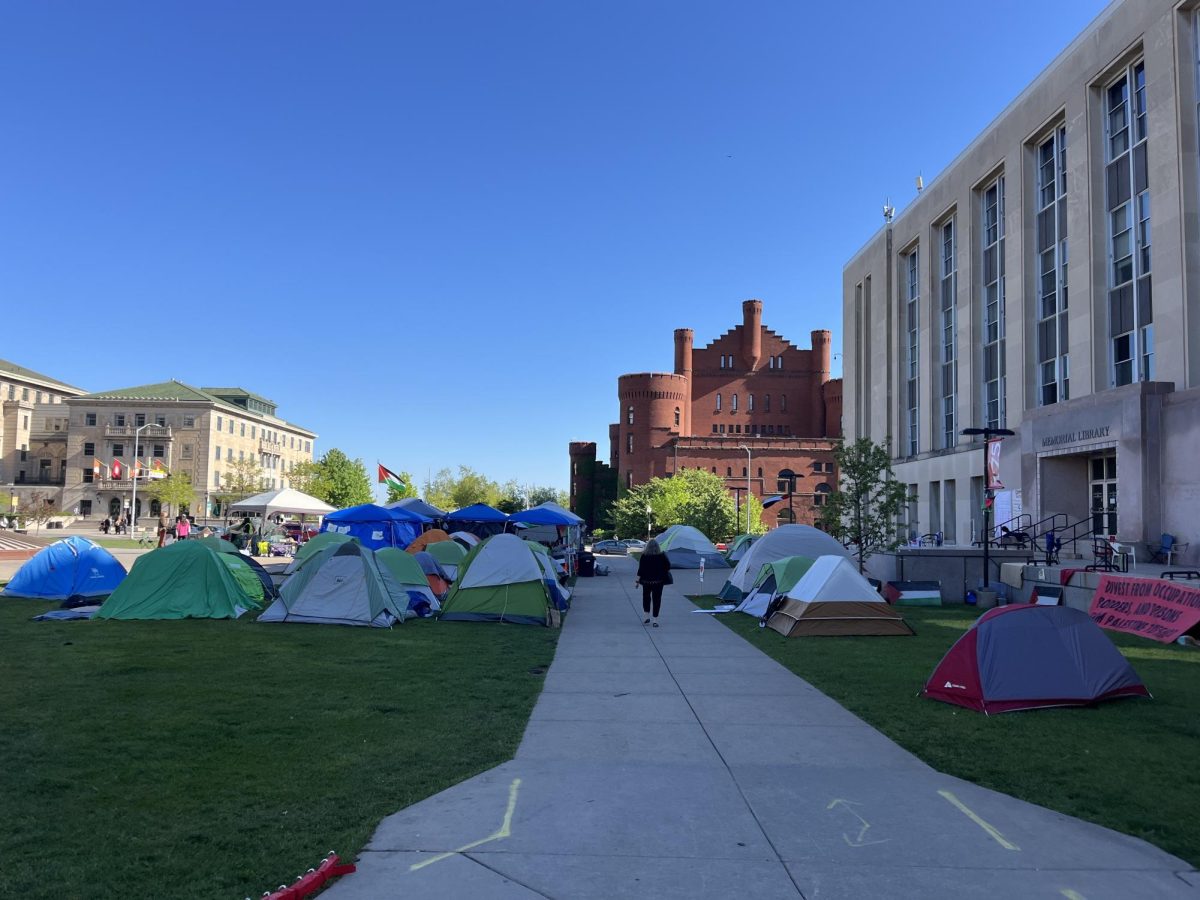Two students at the Massachusetts Institute of Technology have created a legal way to share music using the school’s cable-television system.
Josh Mandel and Keith Winstein developed the Libraries Access to Music Project as an alternative to illegal file sharing. The system operates similarly to a radio station, where the student is the disc jockey.
Students can log on to LAMP’s web page and create a playlist from over 3,500 albums in the music library. A student can then check out a channel for 80 minutes to play, rewind, fast-forward and pause the songs as they please.
Since the cable network provides the service, the songs are played through the television. However, students cannot download the music or take it with them, as with file sharing.
Winstein said he and Mandel created the system so that students could conveniently and legally access a large music library.
“We made it so that students could access music without having to walk to it,” Winstein said. “We wanted a music library that is in your room and never closes.”
Winstein said that students at MIT are thrilled with the system and that he hopes other campuses will adopt the system.
University of Wisconsin professor of telecommunications Barry Orton said that he does not see this happening, because many campuses, including UW, do not have an internal cable network.
“I don’t see any applicability to Madison and limited applicability to any place beyond campuses,” Orton said. “And I certainly don’t see this as a substitute for, or in any way slowing down, the growth of the file sharing.”
Since the music is played through the television, the quality of the sound is inferior to music played over the Internet.
Mandel and Winstein originally wanted to create a system where students could check CDs out over the Internet and play them through the computer, but copyright laws would not allow them to do so. The two students found a loophole in the law, which allows music to be played through the television, because it is essentially broadcasting.
“This is not the be all and end all of music distribution,” Winstein said. “If you want to take it with you, this is not for you. If you want to take it anywhere where there is not a cable jack, this is not for you,” he said.
Although the system cannot be used at UW, some students say if it were possible, many would use it.
“It would be like controlling your own radio station for an hour,” UW sophomore Caralin Lonetree said. “I think that a lot of people here would use it if they could.”
Winstein said the system is now being published royalty-free, and students on campuses with internal cable networks can download the software and try it out.
“This is another good example of students looking for a way to avoid doing their real work,” Orton said. “Instead they spend their time figuring things like this out, and there is nothing wrong with that.”










